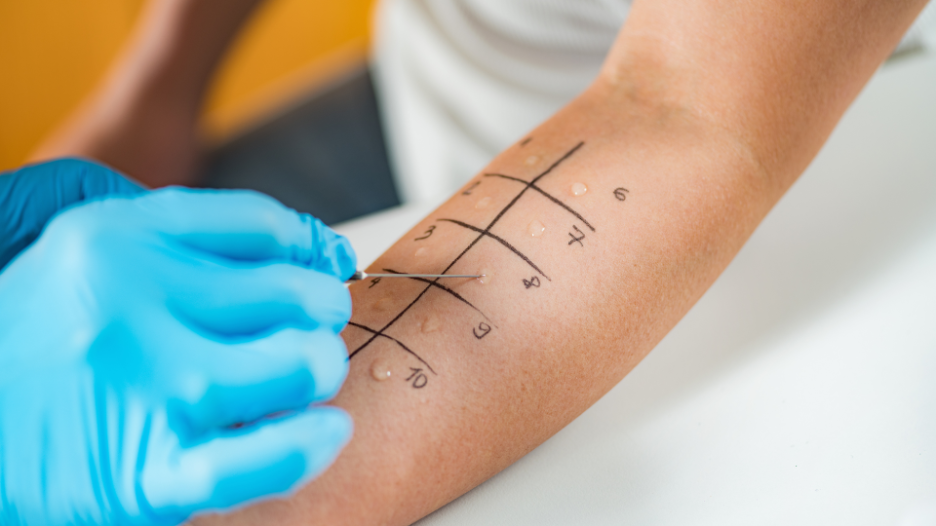
Clear the air: the power of allergy testing
Are you tired of constant sneezing, itchy eyes, or unexplained skin rashes? Allergies can put a damper on our daily lives, making it hard to enjoy even the simplest activities. We’re here to clear the air and help you reclaim your well-being. We'll explain how allergy testing can provide valuable insights into your body's unique sensitivities.
Say goodbye to guessing games and hello to a life free from allergies’ grip. Let's explore the path to relief and a healthier, happier you.
What is allergy testing?
Allergy testing is a powerful tool that helps uncover the triggers behind your allergic reactions. Specifically, it is a diagnostic procedure designed to identify the substances or allergens that cause an immune response in your body.
During an allergy test, skilled medical professionals use various methods to examine your body's reaction to common allergens such as pollen, pet dander, dust mites, certain foods, and more. These tests are safe, efficient, and tailored to meet your needs.
Allergy specialists, or allergists, create a personalized treatment plan to address your symptoms by pinpointing the substances that trigger your allergies.
How is allergy testing done?
Let's walk through how allergy testing works.
- Skin prick test. During this procedure, an allergist places a small amount of an allergen on your skin, usually on your forearm or back. The provider will then gently prick or scratch the surface of your skin, allowing the allergen to enter your body.
- Blood test. This method involves drawing a small blood sample, which experts analyze in a laboratory. The blood test measures the levels of specific antibodies your immune system produces in response to certain allergens.
- Patch test. This test is commonly used to diagnose contact dermatitis, in which skin becomes inflamed or irritated when in contact with certain substances. During the patch test, small patches containing potential allergens are applied to your skin.
How to prepare for allergy testing
Preparing for allergy testing involves a handful of simple steps.
- Consultation. Discuss your medical history and symptoms with your health care provider to determine the appropriate allergy testing method for you.
- Medication. Inform your provider about any medications you're taking. They may advise you to stop certain antihistamines before the test.
- Avoid allergens. Minimize exposure to known triggers before the test to ensure accurate results.
- Dress comfortably. Wear loose-fitting clothes that allow easy access to the test areas.
- Communicate. Share any concerns or questions with allergists for clarification and reassurance.
Treat allergies at your local CityMD urgent care
We understand the impact of allergies on your daily life. While CityMD does not conduct allergy testing at our locations, we can help relieve your allergy symptoms and provide the care you need to feel better.
If allergy testing is necessary to identify your specific triggers, our team can refer you to qualified allergists in your area. These specialists are experts in diagnosing allergies through comprehensive testing procedures.
You can find relief from your allergies and improve your quality of life. Visit your local CityMD urgent care today and let us help you breathe easier.

We’re ready to care for you.
Visit any CityMD urgent care location in your community today for an evaluation with one of our expert providers.